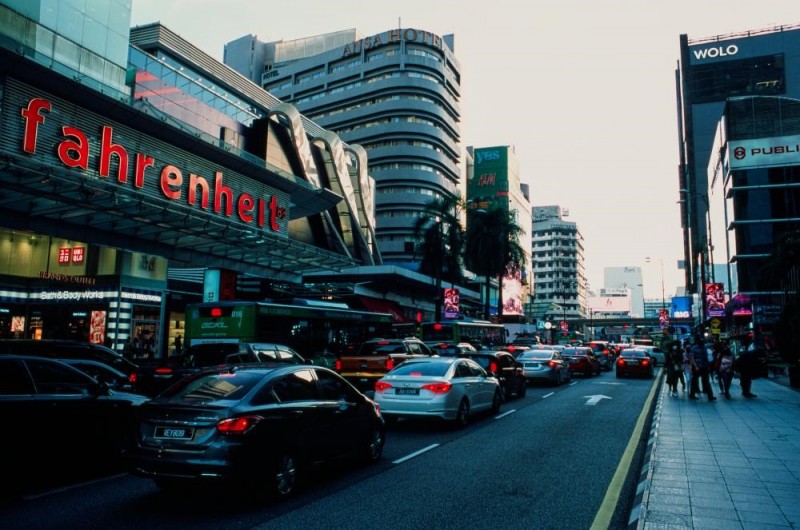
KUALA LUMPUR: Despite the fast growth pace of the e-commerce industry which saw the emergence of various local and international online shopping platforms during the COVID-19 pandemic, physical malls are still extremely relevant among Malaysians.
Sunway Malls & Theme Parks chief executive officer HC Chan told Bernama that thus far in 2022, the company has performed better than expected, leading to the conclusion that physical malls are still relevant, with the stronger ones seemingly to thrive the most.
“Our first quarter (Q1) 2022 performance saw sales and traffic recovery exceeding 100 per cent in most areas except for travel-related retailers, but we expect their performance will be picking up slowly from now onwards,” he said.
Malaysian Shopping Malls Associations president Tan Sri Teo Chiang Kok said although Malaysians have adopted online shopping over the past two years due to lockdowns and restrictive standard operating procedures (SOPs), they very much prefer to shop physically.
“A recent survey showed that more than 75 per cent prefer to visit malls for experiential shopping because they enjoy the ambience and meeting up with friends for food and beverages, leisure and entertainment, and making purchases,” he said.
According to Bank Negara Malaysia's Financial Stability Review Second Half 2021 report, the rise of e-commerce is expected to transform, rather than replace, the role of physical malls.
In Malaysia, the central bank said, online retail trade activities grew on average by 18.4 per cent in 2021, with e-commerce expected to nearly double its current share of total retail sales within the next two years.
“Retailers and mall owners have responded to this shift by pursuing omni-channel retailing and offering convenient services as they strive to balance the high-touch shopping experience that consumers desire, against their need for a safe and efficient shopping experience.
“More retailers are also re-configuring their physical presence in malls to offer a novel and more immersive experience, in order to maintain their appeal to customers who have become more accustomed to shopping online,” the Bank Negara report said.
Chan said the company recognises the immense potential in the e-commerce industry, especially when it is part of a hybrid approach.
“This was why we launched our Sunway eMall last year, to grow our mall group’s footprint to a larger market beyond our physical malls’ catchment areas. Through this omni-channel venture, we gain the best of both worlds.
“Sunway eMall opens up new markets and possibilities for us, complementing our combined 4.5 million square feet of physical retail space of seven malls, simultaneously amalgamating the presence of these seven physical malls into one digital mall,” he said.
All in all, he said, the transition towards the endemic phase sends a large psychological signal and Sunway Mall is seeing the beginning towards normality.
“It creates certainty, which is important for businesses to thrive, and we expect the second quarter of 2022 to be fairly strong and robust, if there is no serious derailment,” he said.
Kok concurred that online buying has transformed shopping and retailers have to embrace and incorporate elements of online sales into their brick-and-mortar shops.
“There are retailers who have started their business as an online model but who have moved into shops, and vice versa. The business of shopping malls is ever evolving and must embrace change in order to compete and sustain (itself),” he said.
Moving forward, Chan said the company is optimistic that the mall industry’s recovery can be sustained as Malaysia slowly returns to a state of normalcy.
“In the coming days, we look forward to a strong Q2 2022 with Raya festivities contributing a significant uplift given that the ‘balik kampung’ exodus is now permitted.
“It will bring about significant festive spending. In the longer term, malls will have to continuously build confidence with business partners and patrons, by reinforcing its role and relevance to the community. Malls that adapt quickly to market demands are more likely to flourish,” he said.
Kok said footfall in the first two months of 2022 was promising as this coincided with the pre-Chinese New Year (CNY) season.
Traditionally, mall traffic is slower post-CNY but the degree of drop was less than anticipated, due perhaps to growing confidence with the country transitioning to the endemic stage, and the need to venture out after two years of restricted access.
Source: https://www.thesundaily.my/business/physical-malls-still-relevant-despite-e-commerce-s-popularity-FE9161272

